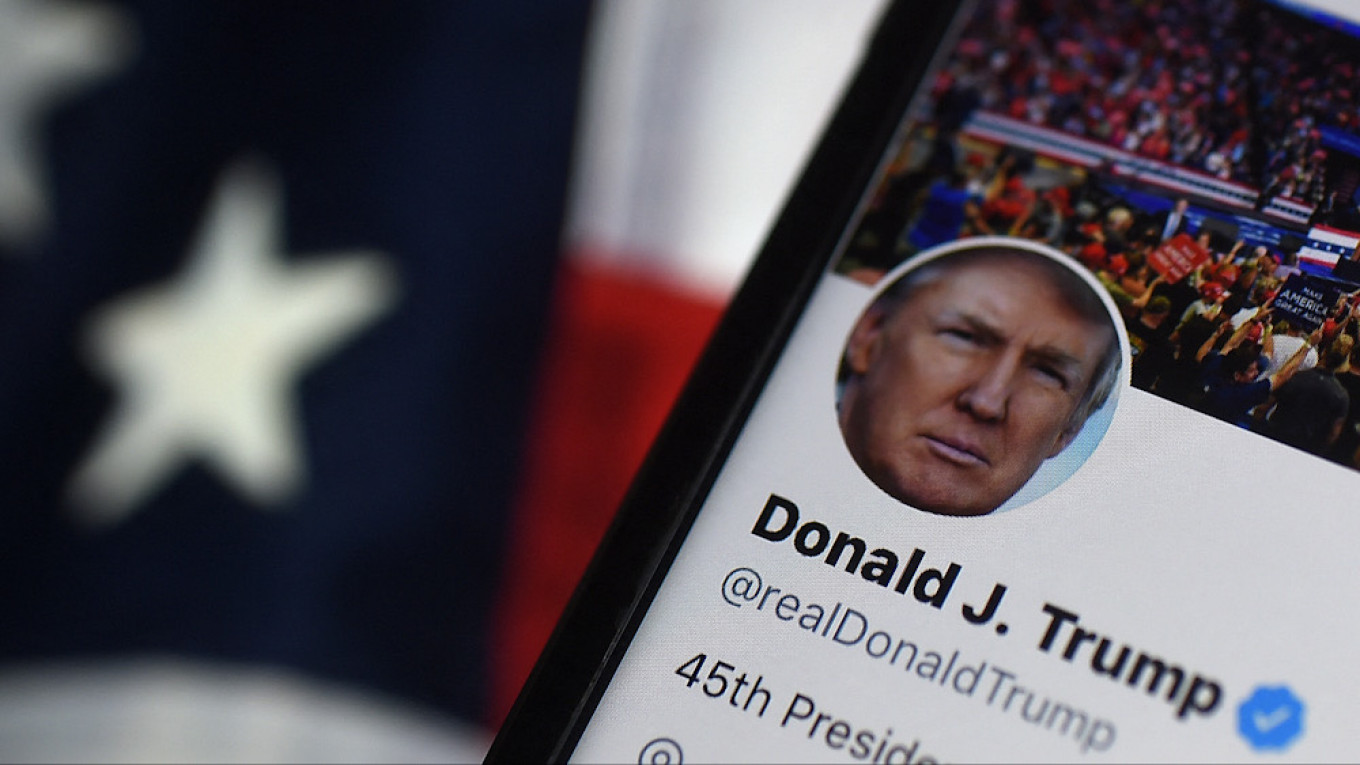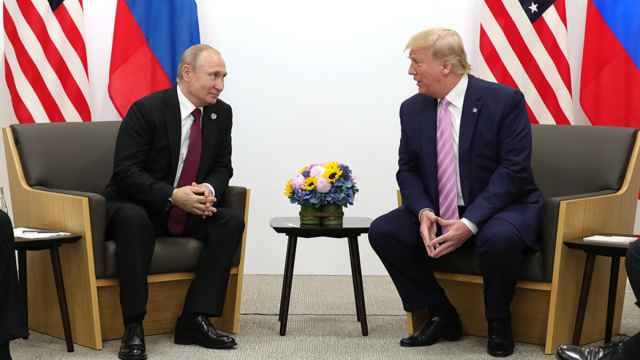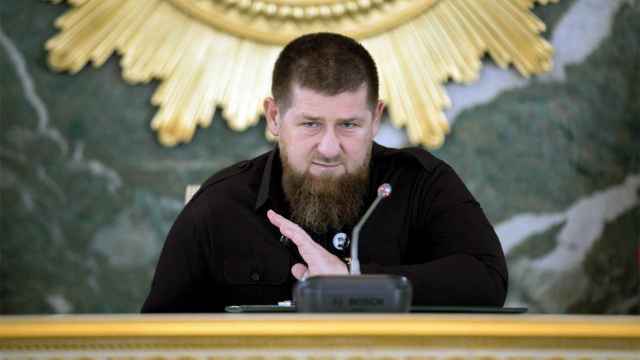Twitter’s decision to permanently suspend Donald Trump’s account has met with a real furor on the part of Russia’s digitally-connected commentariat. For several days now, bloggers, journalists, politicians and just the concerned members of the Russian public have (for the most part) condemned the ban with the raging passion of those truly in the know.
“There’s no issue more important to a Russian than that of Trump’s locking horns with Twitter,” wrote opposition activist Dmitrii Gudkov — only half in jest.
Among the critics, prominent opposition leader Alexei Navalny slammed what he described as Twitter’s “censorship” of the U.S. President.
Leonid Volkov, Navalny’s close associate, decried the “long-term harm to the free world” from the ban. Opposition politician Vladimir Milov even felt bound to explain, publicly, that the Russian opposition were not necessarily Trump supporters.
Pro-Putin journalists and public figures quickly seized the opportunity to accuse Twitter and the Democrats of hypocrisy.
Navalny’s bête noire and popular TV personality Vladimir Solovyov unexpectedly found himself in agreement with the Russian opposition, even going as far as to claim that the ban violated the First Amendment. Russian Senator Aleksei Pushkov has retweeted Tucker Carlson’s show with commentary to the effect that the Americans have finally realized that they live under a Big Tech “dictatorship.”
What accounts for this unprecedented interest in Russia in Twitter’s decision, and, in particular, the unparalleled convergence of views on the subject of the freedom of speech in the U.S. between Putin’s fiercest critics and his foremost supporters? The answer is two-fold.
First, America does not exist just for itself. Love it or hate it, it is a central component of Russia’s national discourse, so much so that the Russians’ self-perception is closely bound up with what they believe about America.
For those who vilify the United States and question its democratic credentials, Twitter’s decision is a godsend: the much-needed evidence to prove America’s moral failure and, by extension, Russia’s moral superiority.
Those who in their turn point to Russia’s authoritarianism warn against giving their opponents such an easy propaganda victory, which is exactly why Navalny in his statement claimed that the ban would give the likes of Putin more ammunition to further restrict freedom of speech in Russia. If the Americans are doing it, then what can we expect of the Russians?
Observers who claim that Navalny and others misunderstand the American political context themselves misunderstand the Russian political context.
Focused on the twists and turns of U.S. domestic politics, they fail to appreciate how America has been instrumentalized for the purposes of the Russian domestic debate.
This debate is rooted in Russia’s own painful experience with censorship and propaganda, and the experience of struggle against censorship and against propaganda — an experience that the Americans simply do not share to the same extent.
Here, one could retort that Russian commentators have simply failed to appreciate the nuanced distinction between state censorship and private censorship.
Hence, the second point: it is true that many Russian observers have failed to appreciate this nuance.
This is in part a product of a particular worldview that blurs the distinction between the public and private spheres.
Philosophically, this approach traces its genealogy to Marxist ideas about the State as an instrument of the ruling class. The notion that America is run by the so-called “military-industrial complex” and that the State serves the interests of this “complex” was deeply entrenched in the Soviet political thought.
That was, of course, in part a self-projection. As the Soviet joke went, the American government was under pressure from the military-industrial complex but the Soviet government… was the military-industrial complex.
Regardless of the virtues of Marxist interpretations, the idea of the State as an instrument of the powerful few still has great appeal in today’s Russia, perhaps as a consequence of post-Soviet political developments, which saw the Russian State effectively privatized by oligarchic cliques.
Such cynicism is by no means uniquely Russian, although Russia’s historical experience once again provides a particularly fertile soil for cynical interpretations.
Filtered through this Russian experience, American political developments acquire an altogether different meaning, which cannot be easily dismissed as incorrect or irrelevant because it is correct and relevant in that particular Russian context.
Today’s America is deeply divided and seems unable to understand itself. But when American debates are projected to the outside, much is lost in translation, and much acquires new connotations simply from contact with foreign realities.
That is why Twitter’s Trump ban — whatever it means for America — means something else entirely for Russia, and that is why it has justly caused such commotion among the Russian internet audiences.
A Message from The Moscow Times:
Dear readers,
We are facing unprecedented challenges. Russia's Prosecutor General's Office has designated The Moscow Times as an "undesirable" organization, criminalizing our work and putting our staff at risk of prosecution. This follows our earlier unjust labeling as a "foreign agent."
These actions are direct attempts to silence independent journalism in Russia. The authorities claim our work "discredits the decisions of the Russian leadership." We see things differently: we strive to provide accurate, unbiased reporting on Russia.
We, the journalists of The Moscow Times, refuse to be silenced. But to continue our work, we need your help.
Your support, no matter how small, makes a world of difference. If you can, please support us monthly starting from just $2. It's quick to set up, and every contribution makes a significant impact.
By supporting The Moscow Times, you're defending open, independent journalism in the face of repression. Thank you for standing with us.
Remind me later.








